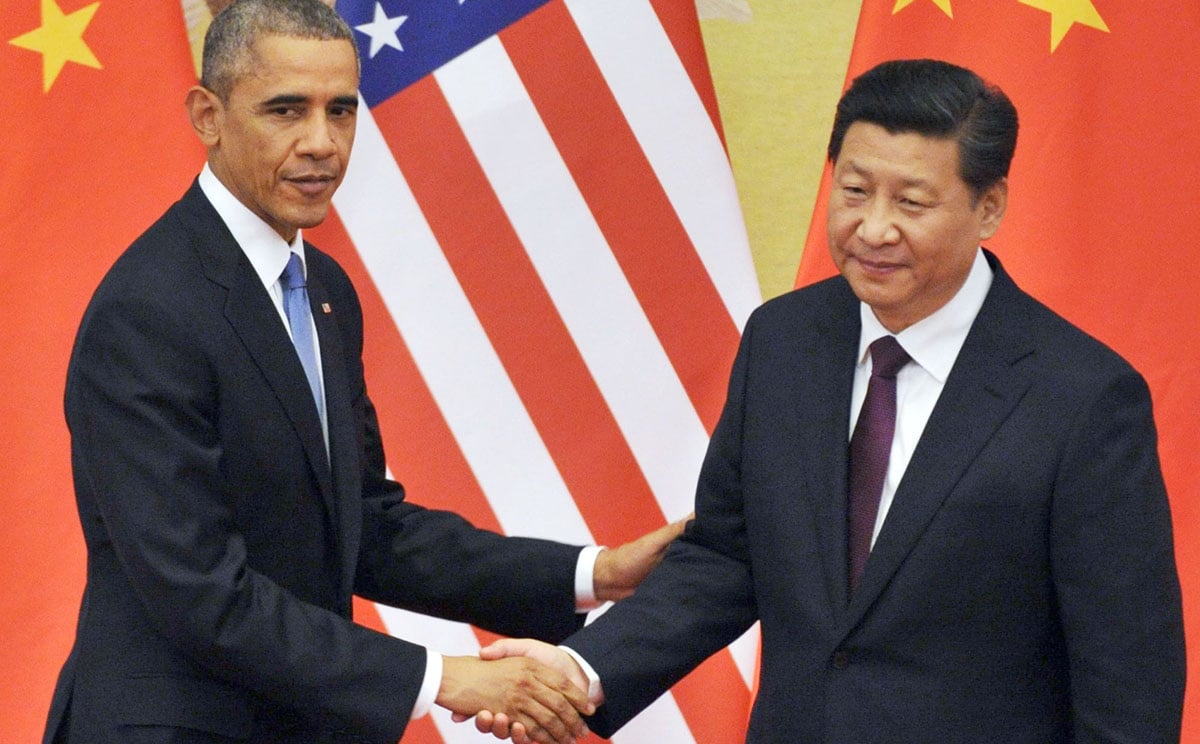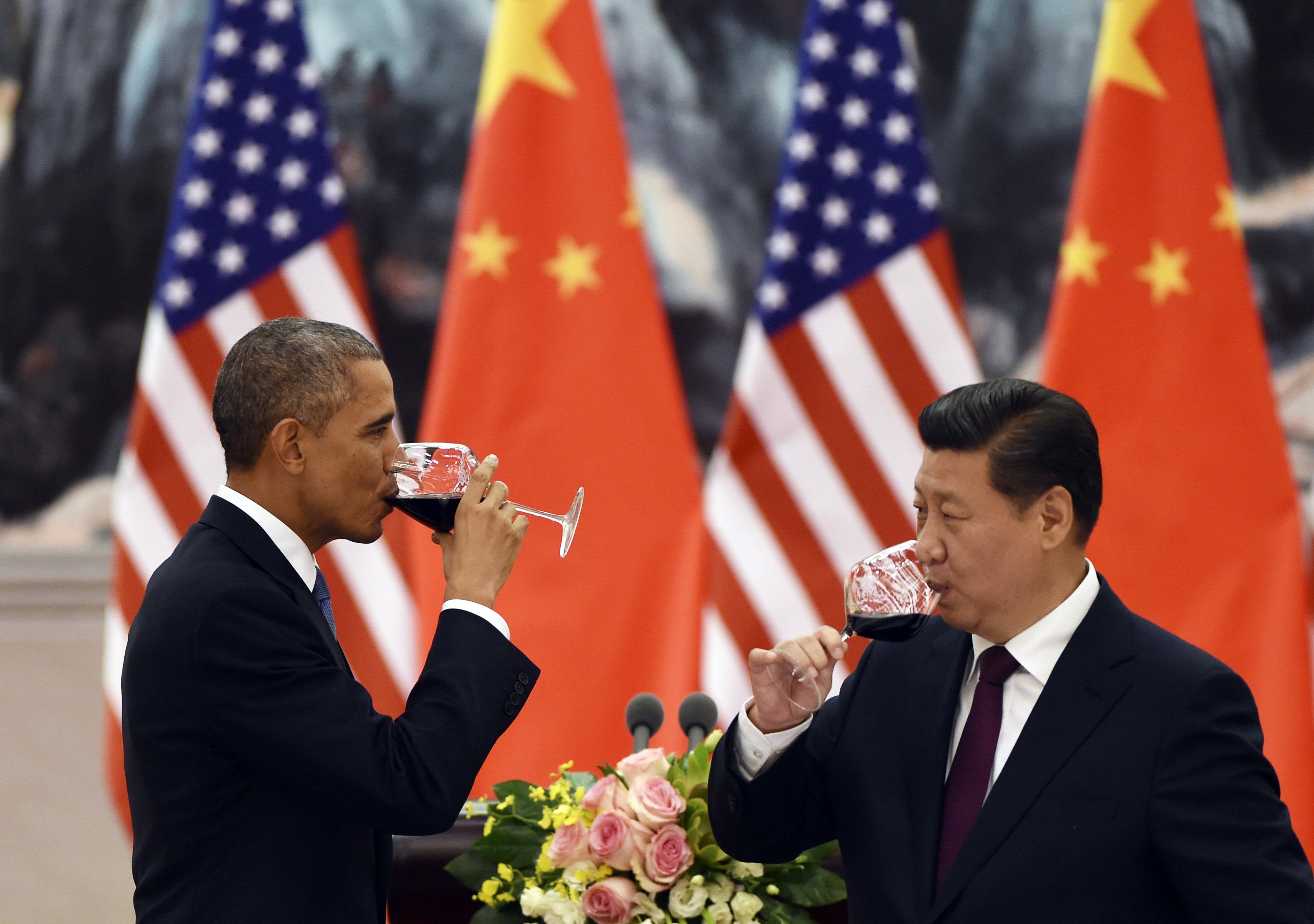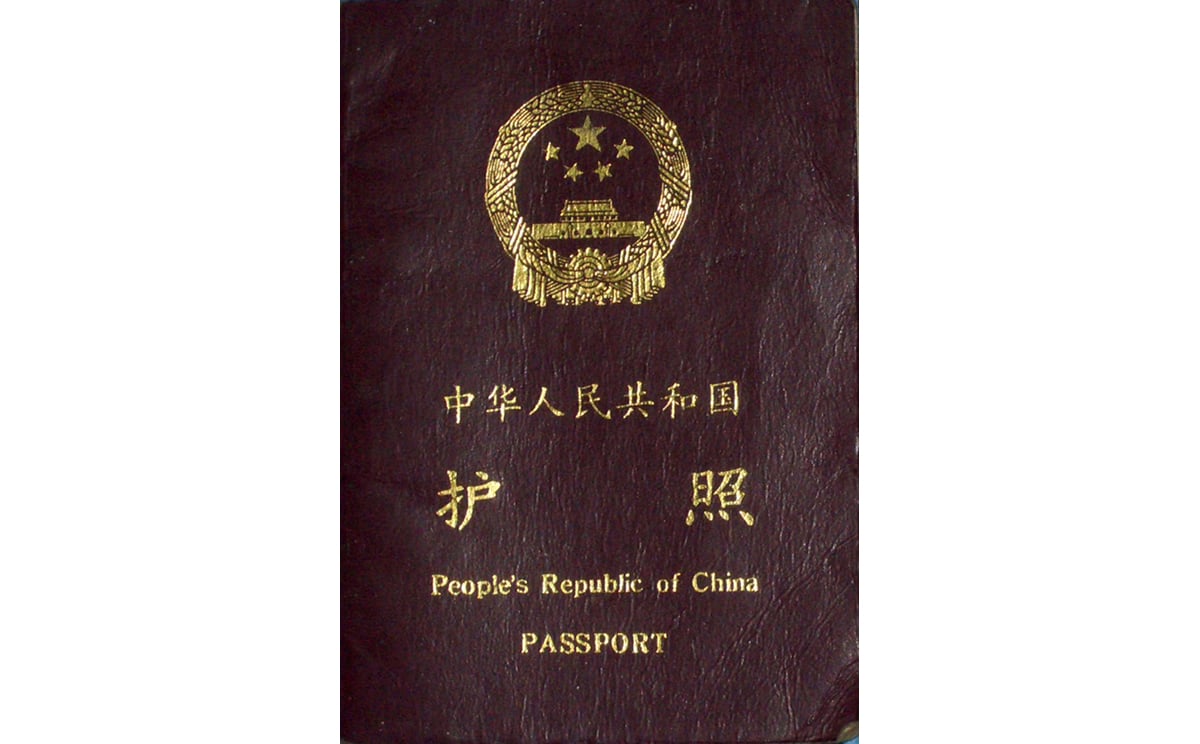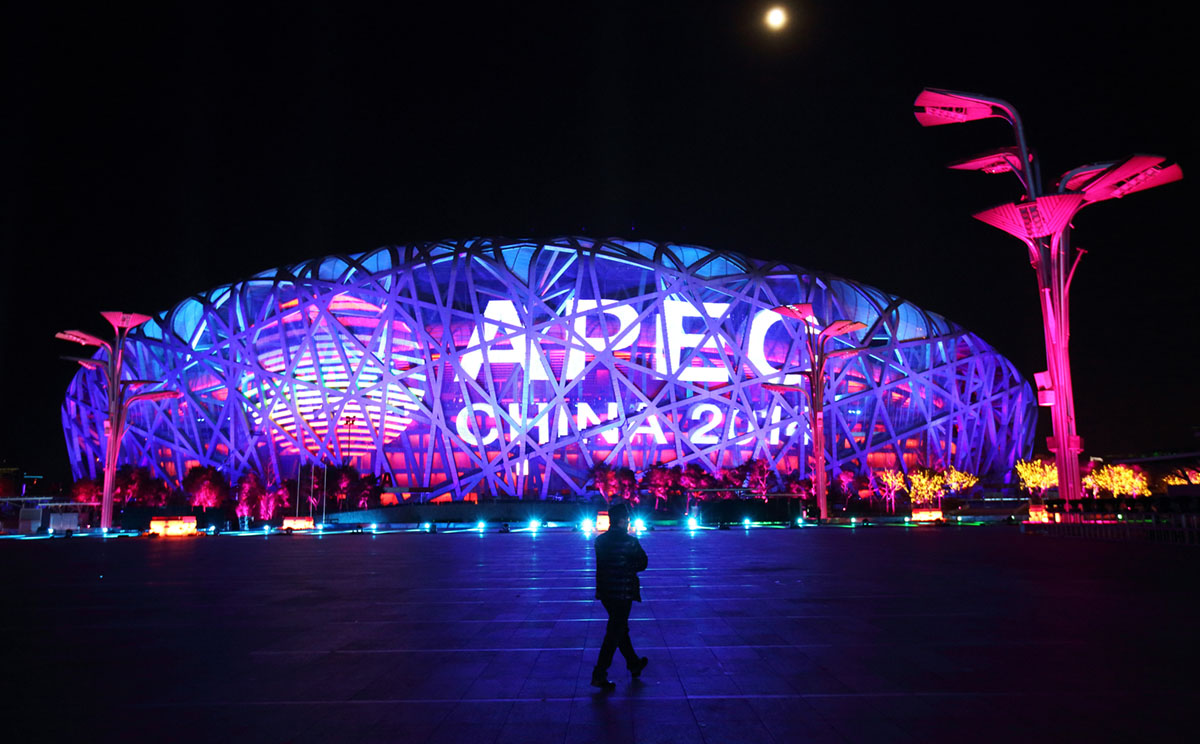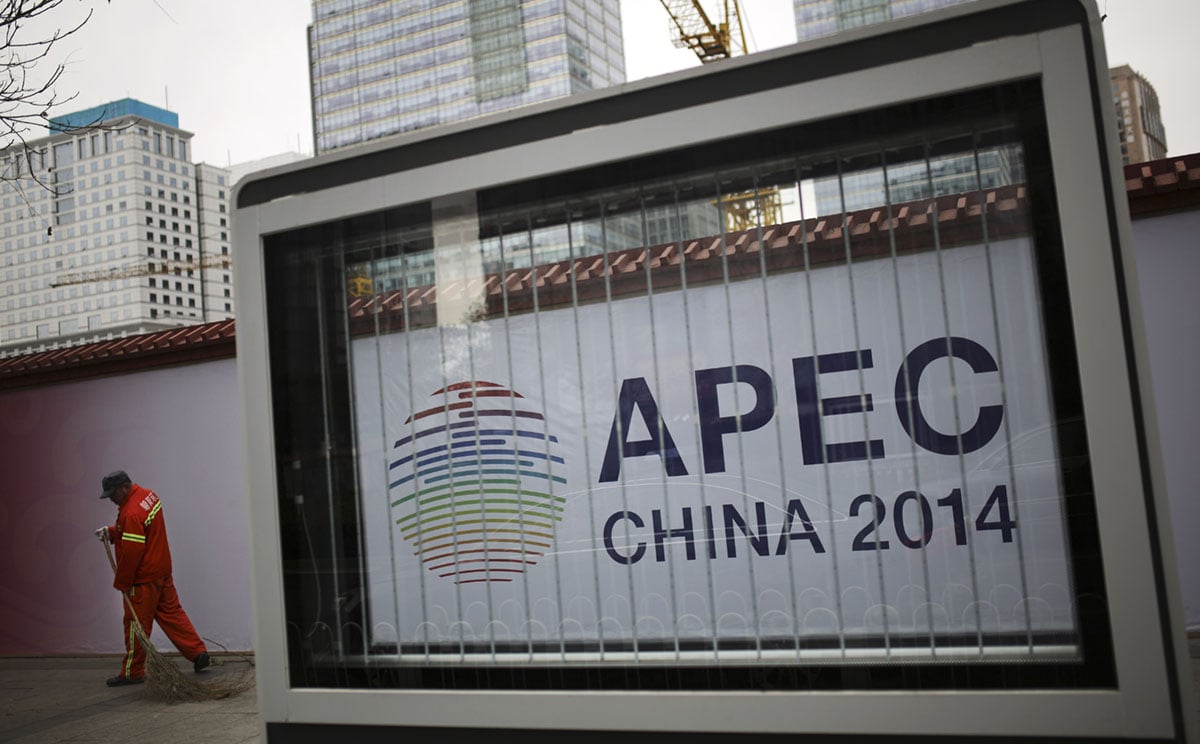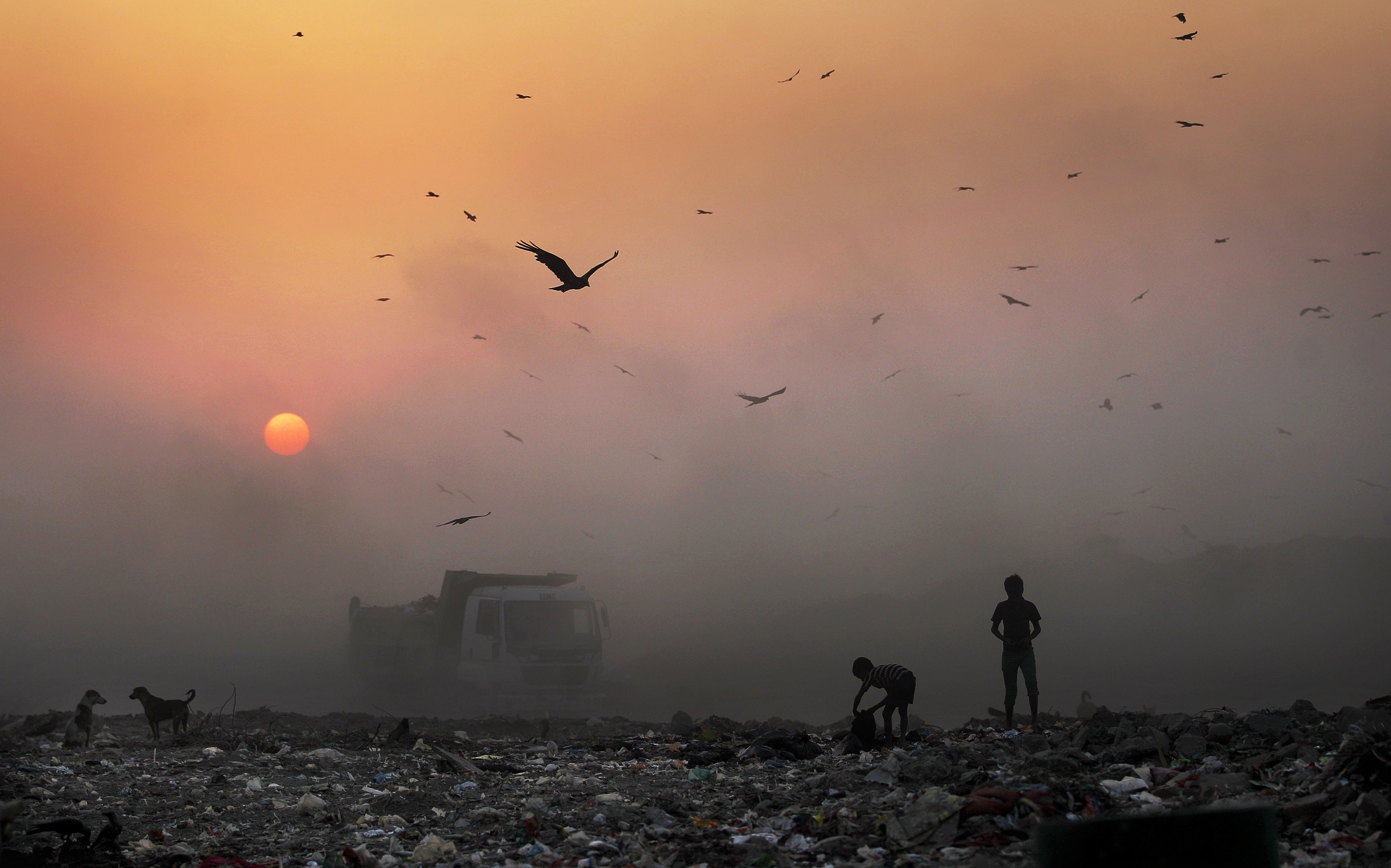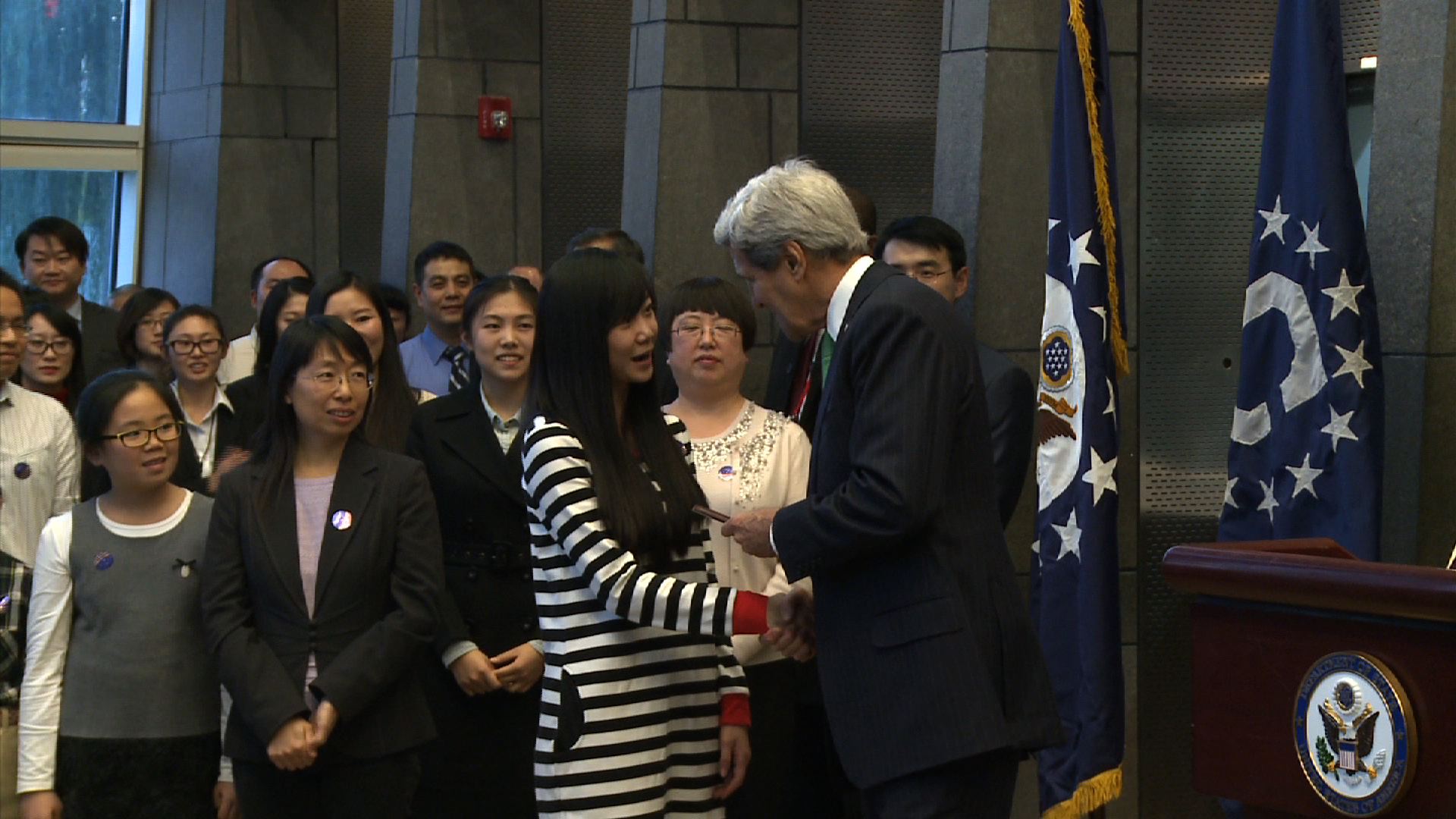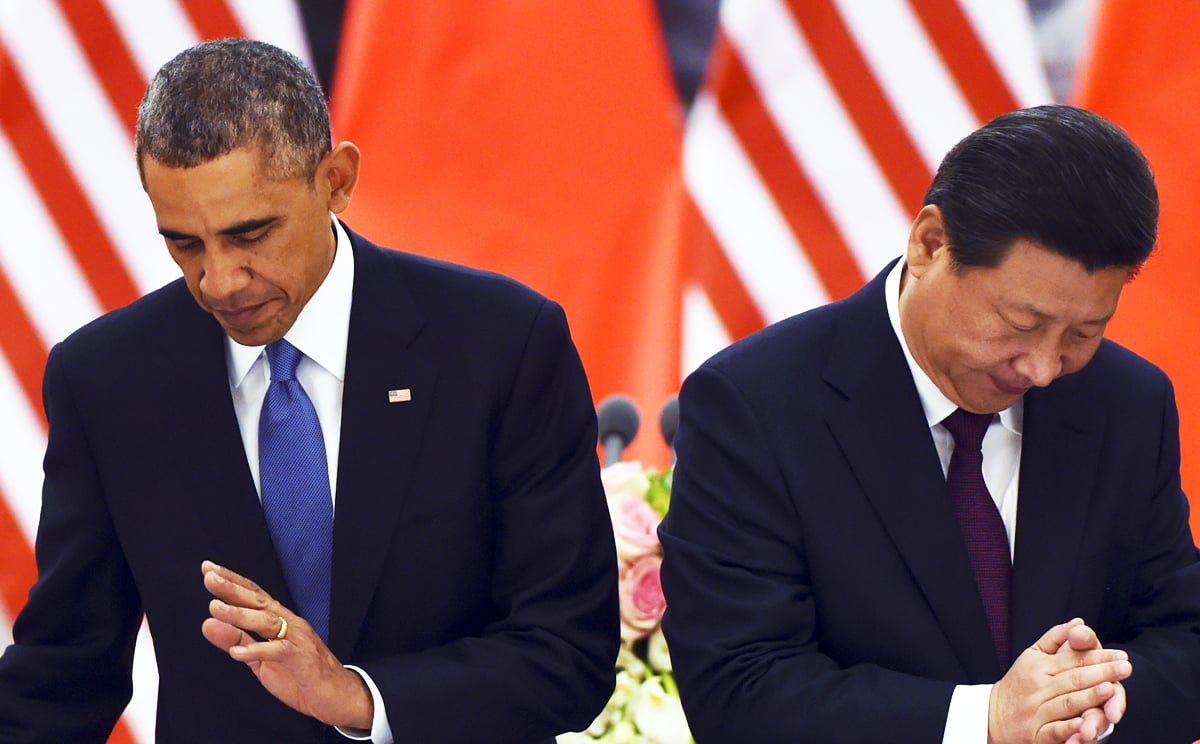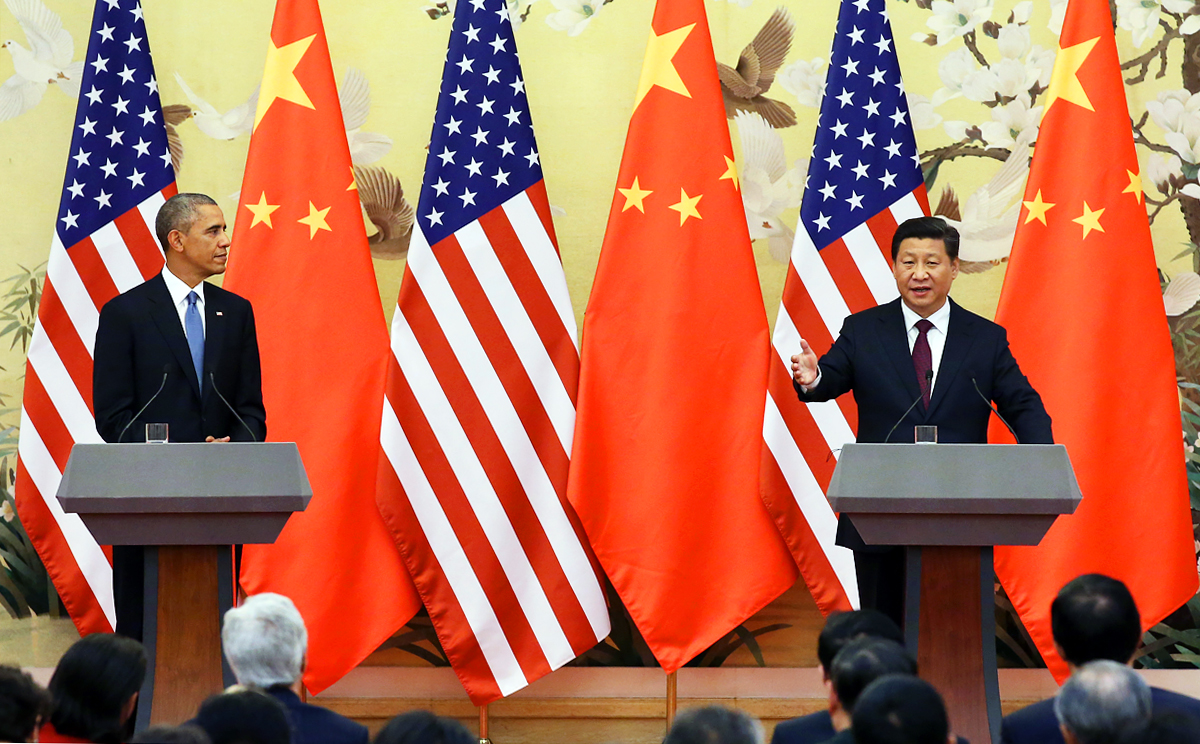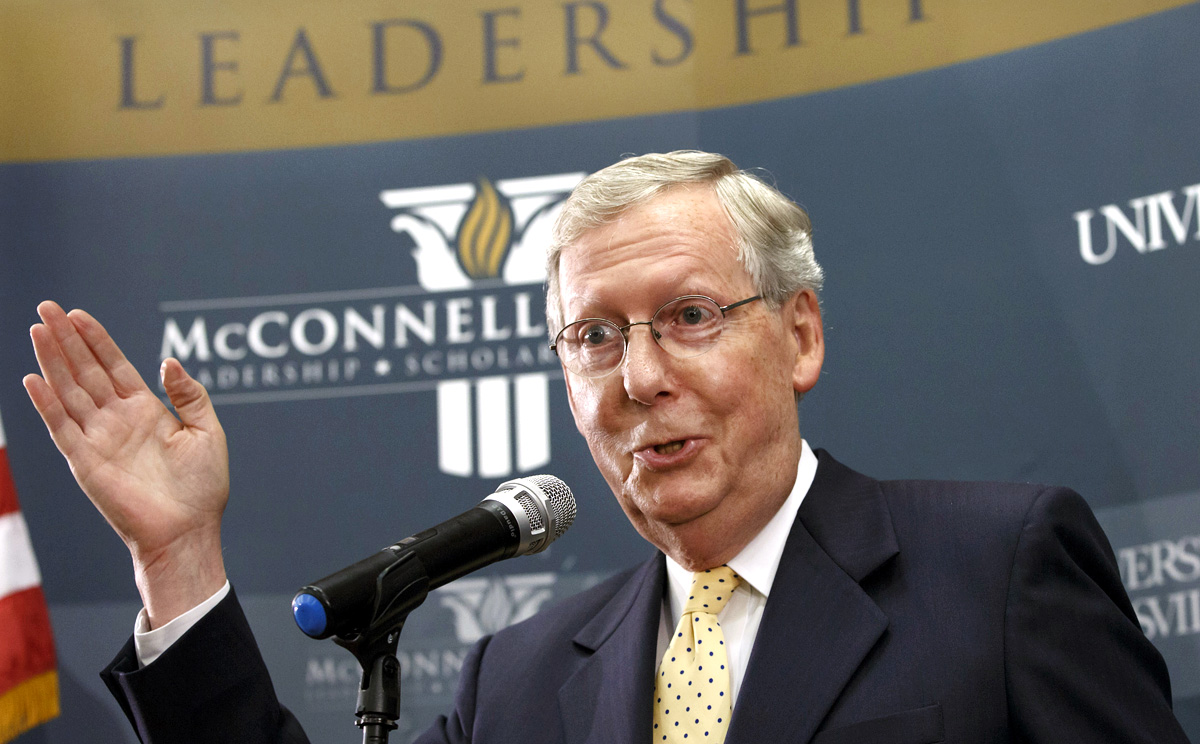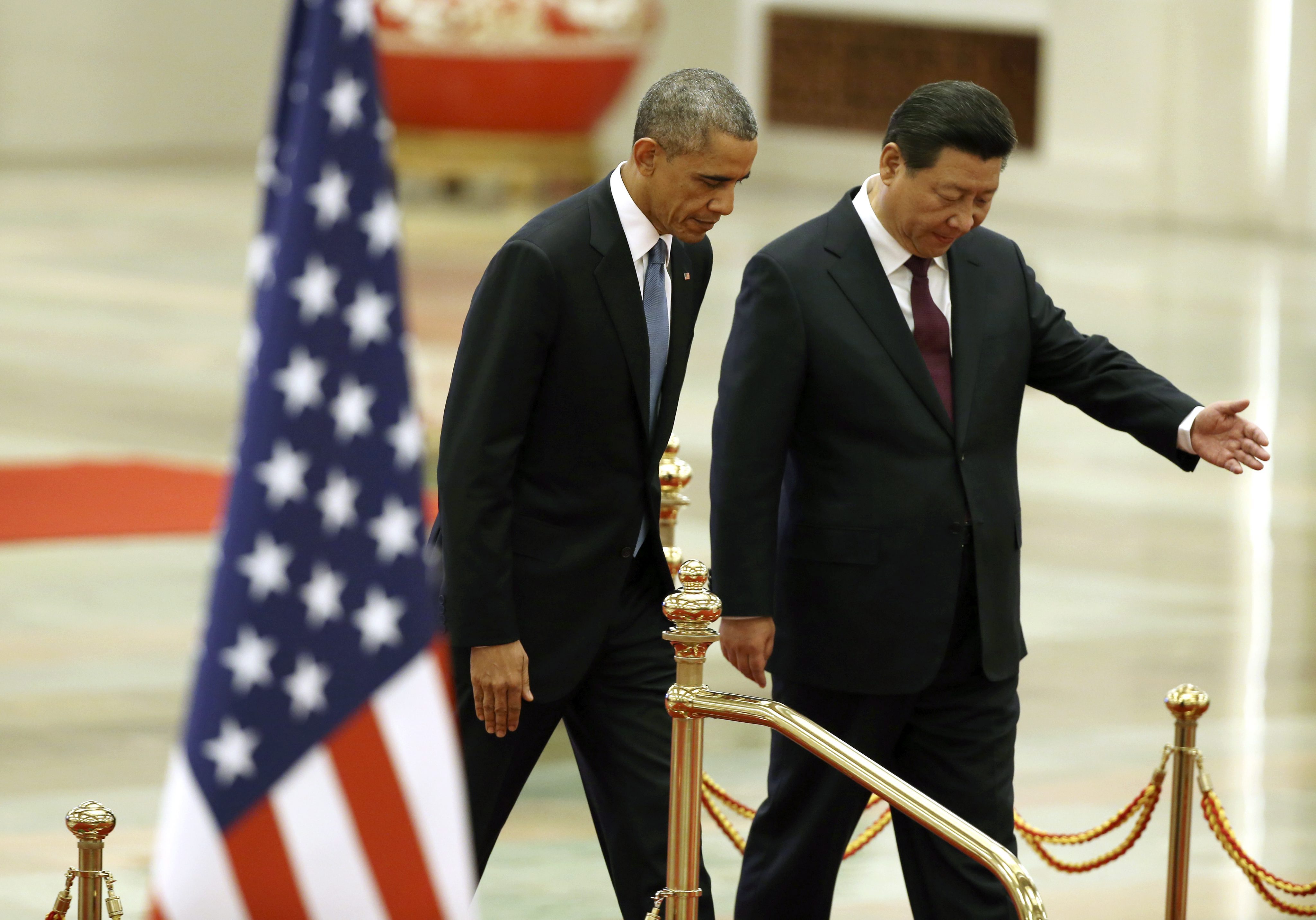Advertisement
Advertisement
TOPIC
Apec summit 2014
Related Topics:
Apec summit 2014
Leaders from the 21 member-nations of the Asia-Pacific Economic Cooperation (Apec) met in the Chinese capital for two days of talks on November 10 and 11, 2014. The summit is the biggest event to date hosted by Chinese president Xi Jinping after he took over the Chinese presidency in March 2013, as Beijing seeks to consolidate its status as a regional leader and economic giant.
Advertisement
Advertisement
Advertisement
Advertisement
Advertisement
Advertisement
Help preserve 120 years of quality journalism.
SUPPORT NOWAdvertisement
Advertisement
Advertisement
Advertisement
Advertisement
Advertisement
Advertisement
Advertisement
Advertisement
Advertisement
Advertisement
Advertisement
